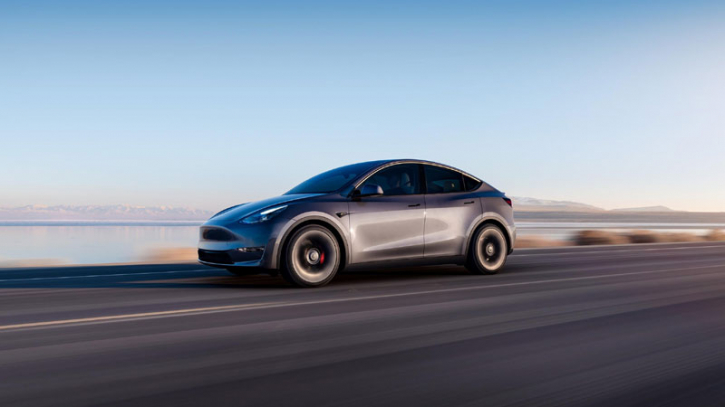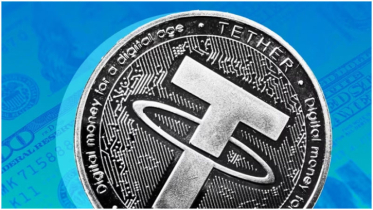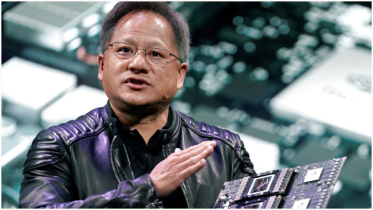Tesla increases car prices worldwide, with the biggest raise in China

Elon Musk's Tesla has increased prices in its most important electric vehicle (EV) markets, including China and the United States, reversing a series of recent price cuts that have pushed the company’s profit margin to the lowest since 2020 and sparked a price war.
The US car manufacturer has increased the prices of its Model Y SUV and Model 3 sedan by 2,000 yuan ($289) in China, its largest overseas market, according to the company’s website on Tuesday.
.png)
The Model Y and Model 3 now starts at 263,900 yuan ($38,179) and 231,900 yuan ($33,550) respectively. But they are still cheaper than they were at the beginning of 2023 due to several rounds of substantial reductions.
The same models, which account for a majority of Tesla’s sales, have also become more expensive in the US, with the Model Y starting at $47,240 and the Model 3 at $40,240. But the $250 increase was less than China’s.
Tesla (TSLA) has also hiked the prices of the Model 3 and Model Y by about $222 in Canada and $269 in Japan, respectively.
The increases were the second time Tesla adjusted prices higher within a short period. Late last month, Tesla raised the prices of its higher-end vehicles: Model S and Model X by $2,500 in the United States. But these vehicles only accounted for a tiny portion of its total sales, 2.5%, in the first quarter.
The recent round of price adjustments reversed a series of significant price cuts by Tesla that were aimed at boosting demand. Last month, Tesla CEO Elon Musk confirmed the company’s pricing strategy at an earnings call, hinting at more price cuts to boost sales volumes.
But analysts said the recent price increases had the same purpose of stoking consumer demand.
Tesla may be trying to “reverse customer expectation for further price cuts,” so as to prevent customers from adopting a further wait-and-see strategy, said Citi analysts on Tuesday.
It may also want to “test demand elasticity given repeated price cuts could lead to weakened effectiveness in boosting sales volume.”
Until recently, Tesla had cut prices aggressively to bolster demand amid growing competition from other EV makers.
In the US, the company had reduced prices six times this year before the recent increases.
In China, the world’s largest EV market, Tesla conducted several rounds of reductions between October and January after it lost market share to its competitors, such as Warren Buffett-backed BYD (BYDDF). The cuts have sparked a price war in the country, with dozens of car manufacturers following suit by offering steep discounts.
According to the most recent statistics from the China Passenger Car Association, Tesla’s sales of its China-made vehicles surged 35% in March to more than 88,000 units. But it still lagged behind BYD, which sold more than 100,000 pure battery EVs.
The price cuts worldwide have boosted Tesla’s sales, but also cut into its net income and profit margins. In the first quarter, the company’s revenue rose 24%, but its gross profit margin dropped to 19.3%, the lowest since the end of 2020. Its net income also fell 24% from a year ago.




